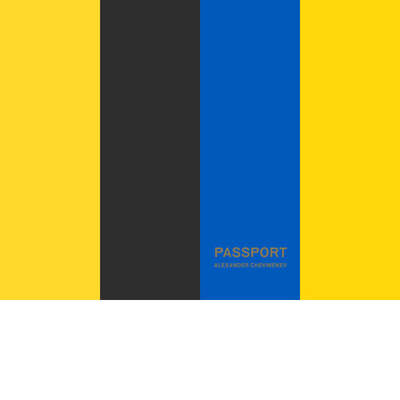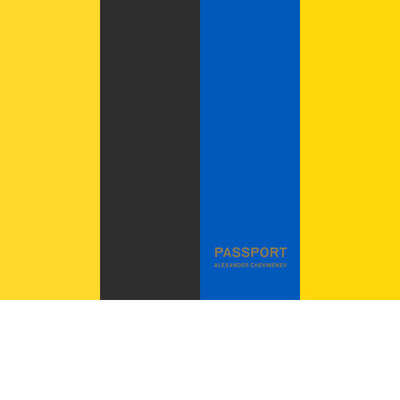€48,00
Inquire about this book
Passport
- Authors: De (auteur) Alexander Chekmenev
- Publishers: DEWI LEWIS
- Date of Publication: 2017-01-06
- Pages: 156
- Dimensions: 300mm x 225mm
In 1994-1995, in Luhansk, a city in southeastern Ukraine, the services
social networks have started employing photographers to take pictures
identity cards at the homes of elderly or sick people who did not have the
ways to pay a photographer. Alexander Chekmenev was one of the photographers
tasked with going door-to-door during this national campaign. This is how
that he found himself in the homes of these people, alongside the workers
social workers whose usual work consisted of providing free
medicines and food products. Photos are difficult to take
for Chekmenev. Some people break down and beg to be left
calm. They ask why they are made to suffer, claiming that it is not
they don't have much time left and that they will soon be dead. The fact
witnessing how people lived their final years made
a very strong impression on him. He remembers photographing a woman
blind man who, when asked to look into the camera, replied
that she didn't see anything. He wondered why she was being asked to have a
passport. Especially since it was clear that she didn't have much left
time to live. One day he took about 60 photos, mostly of people
elderly. The next day, when he distributed the photos, he was shocked to discover that
One of the old men he had photographed had just died. In a
house, he was also stunned to discover that the old woman who lived there
had prepared a coffin. She lived in a room, the coffin in
the other. She was ready to leave this world for the next at any moment. He
also heard of a 92 year old man who had made arrangements
similar, by acquiring a coffin, and awaiting his death. He had placed it
in his shed and every time he finished a bottle of vodka he would put
the empty bottle in his coffin. When the coffin was full of bottles
empty, he passed it to someone else saying that his time was not
came again. When we came to take his picture, he was sitting at a
table with his nephew, a bottle of vodka and two full shot glasses
in front of them. He also took pictures of people in a state of confusion
mental. They didn't know what was happening, why they were sitting
or why he was taking pictures of them. One person, unable to move, must have
being lifted out of his bed. Two social workers hold him in position
vertical, while two others hold the back of the stage. Obviously,
He also needed a new passport. Born in eastern Ukraine,
Alexander Chekmenev began his career as a photographer working for a
local studio in his hometown of Luhansk. His early work was
focus on those affected by the collapse of the Soviet Union
and constitute an intimate and unique vision of the interior of the transition
painful of a region that was once an important mining region
coal. In 1997 he moved to kyiv, where he currently works
as a photojournalist. He has been published in magazines around the world and has
exhibited extensively in Europe, notably at the Side Gallery in Newcastle and the
Third Floor Gallery in Cardiff. His first exhibition in the United States has just
opening at Blue Sky Gallery in Portland.
Share

